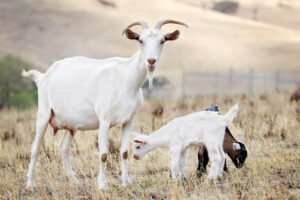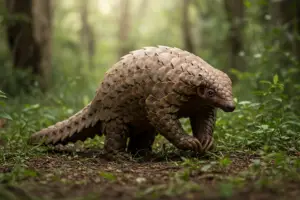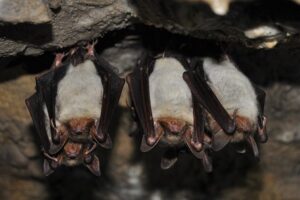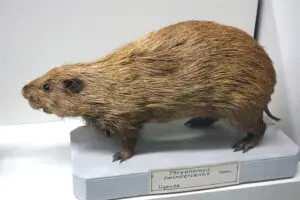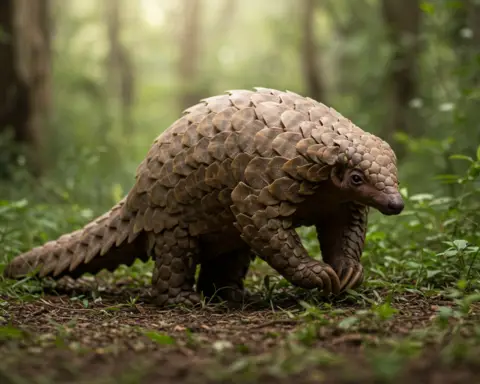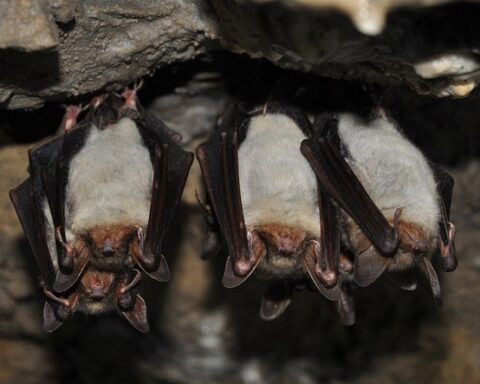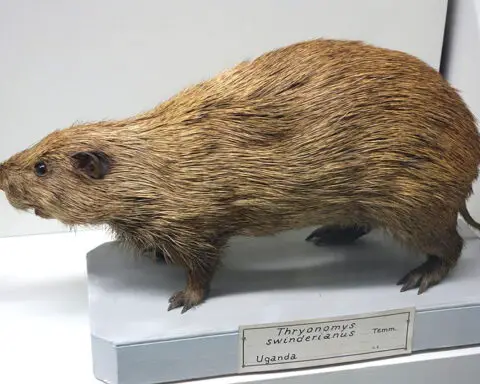Pets bring a lot of joy and companionship into our lives. They become cherished family members, often becoming like children to us. As such, it is important that we give them the best care possible so they can live long and happy lives alongside us. Taking proper care of your pet isn’t just about the basics, like providing food and water; you should consider many other things when caring for your furry or feathered friend. This article will provide tips on how to take better care of your pets, from feeding to vaccinations, grooming, exercise, and more.
Feeding
Proper nutrition is key for any animal’s health. The type of food you choose for your pet depends on its species, size, and age. For cats and dogs, you should feed them a nutritionally balanced diet designed specifically for their breed – if in doubt, it’s best to speak with your vet. When it comes to deciding how much food to give them, always refer to the instructions provided on the packaging as portion sizes can differ between brands. Additionally, check that the food has not passed its use-by date, as old food can make your pets sick. 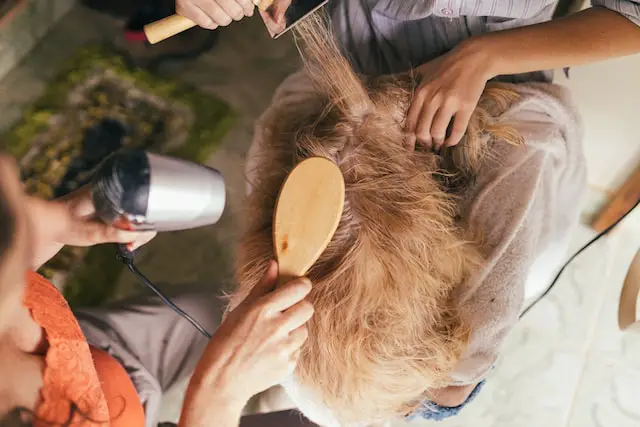
Grooming
Grooming your pet is one of the best ways to show them that you care. Grooming helps maintain their health, and keeps them comfortable and looking great. Grooming removes excess fur, dirt, and dander from your pet’s coat while keeping their nails trimmed and teeth clean. Grooming can also help prevent infections, skin diseases, matted fur, and other medical conditions. Products from Grooming Scissors Direct provide high-quality grooming shears and tools for dogs and other pets so that you can ensure that they are kept well-groomed and healthy. Grooming is important for a pet’s physical health. It can also help improve its mental well-being as it creates an opportunity for bonding between the pet and its owner through positive reinforcement, like rewards for good behavior. Grooming can also help to detect potential health issues before they turn into bigger problems and the earlier these are detected, the easier it is to treat them. Grooming will make your pet look better while also helping you spot any warning signs of diseases or illnesses that could harm them in the long run.
Vaccinations
Vaccination is one of the most important things you can do to keep your pet safe and healthy. Vaccinations help prevent serious diseases, such as distemper, parvovirus, hepatitis, rabies, and other infectious illnesses that could otherwise lead to severe illness or even death in pets. Vaccinations are highly effective at preventing these diseases because they expose your pet’s immune system to a small amount of the virus before it can cause an infection. This way, if your pet is ever exposed to the actual virus in the environment, his body will be better prepared to fight it off quickly and completely.
Exercise
Exercise is an essential part of taking better care of your pets. Regular physical activity helps to keep them physically healthy and can even help reduce the risk of certain medical conditions, such as obesity and arthritis. Exercise also provides mental stimulation and enrichment which can improve their quality of life significantly.
For dogs, daily exercise should include a combination of cardiovascular activities such as running, jogging, or swimming, as well as muscle-strengthening activities like fetch and tug-of-war. Longer walks or hikes are a great way to explore new environments and provide mental stimulation for your pet. For cats, interactive playtime with toys will increase their physical activity and stimulate their minds.
The amount of exercise your pet needs will depend on their breed, age, and health condition. If you are unsure how much exercise your pet should be getting, it is best to consult a veterinarian or an experienced trainer.
Socialization
Socialization is teaching your pet to interact with different people in a safe, positive way. It is essential for puppies and kittens who need the opportunity to get used to new sights, sounds, and smells. Socializing early can help them become confident, outgoing pets comfortable in any environment.
Socializing also helps prevent problem behaviors caused by fear or anxiety in unfamiliar situations. Dogs who are not properly socialized may bark excessively when strangers come near or become aggressive when meeting other animals. Cats that aren’t socialized from a young age may hide away from visitors or react badly to loud noises or sudden movements. Socialization teaches pets how to respond calmly and confidently even when something unexpected happens.
Veterinary Care
Veterinary care is an essential part of taking better care of your pets. Caring for a pet isn’t just about feeding and providing exercise and companionship. Regular vet visits are needed to ensure that your pet stays healthy. This allows a professional veterinarian to fully evaluate your pet’s health, identify potential issues, and create personalized treatment plans.
Regular checkups can help diagnose diseases early when they’re easier to treat or prevent. Veterinary visits also advise how to best take care of your pet based on its breed, age, and lifestyle. Prevention is often much more cost-effective than treating medical conditions after the fact, so it pays off, in the long run, to stay on top of your pet’s health.
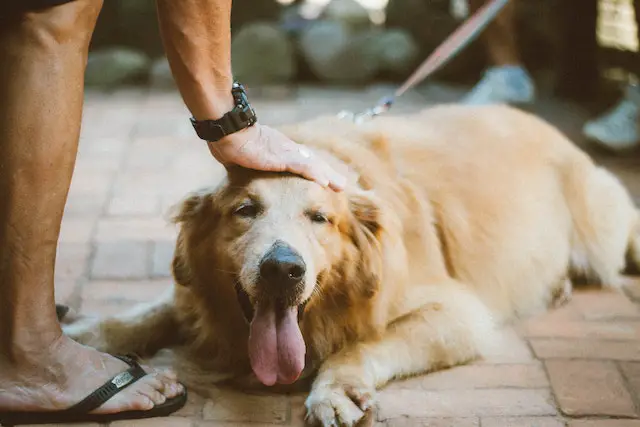
Looking after a pet can be hard work, but it is also gratifying. By following these simple tips, you can ensure that your furry friend has a long, happy, and healthy life. Remember to reward them for good behavior, make time to play with them, and be patient when teaching them new things. Most of all, enjoy the companionship that your pet will bring into your home!

